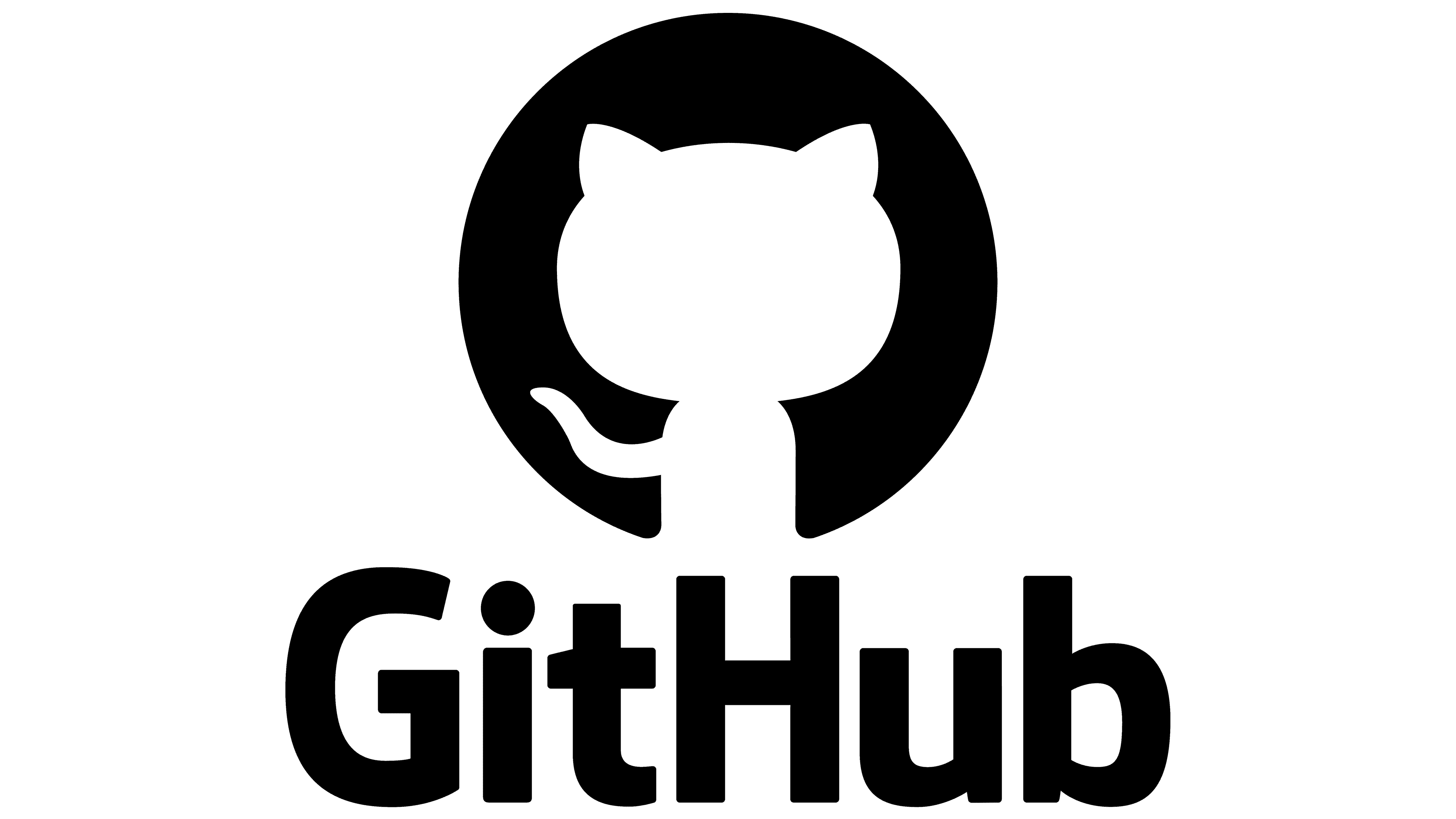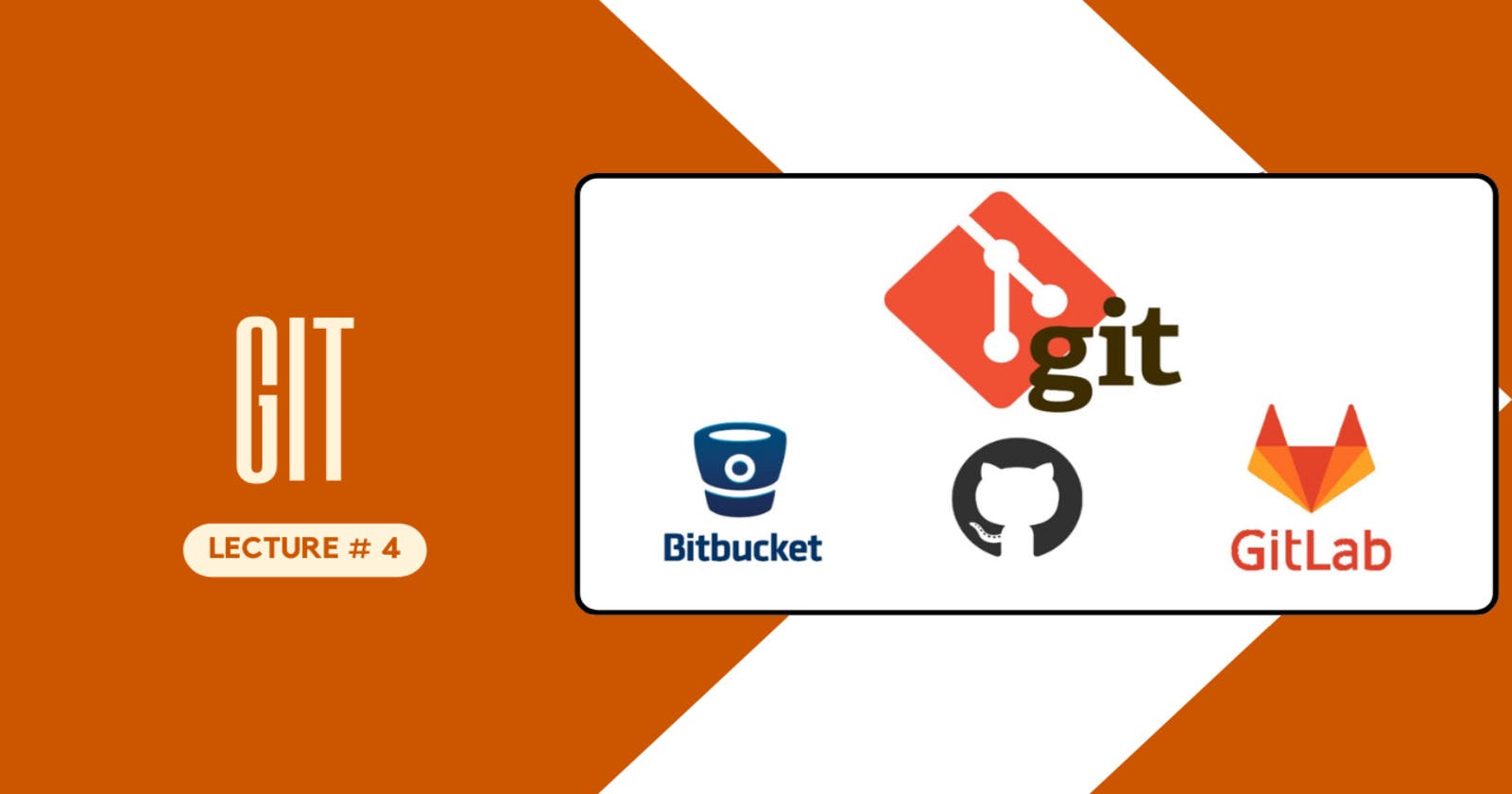Lecture # 4 - Introduction to GitLab, GitHub, and Bitbucket
Introduction to GitLab, GitHub, and Bitbucket.
GitLab:
GitLab is a web-based Git repository manager that offers a complete DevOps platform, including source code management, CI/CD, issue tracking, and more. It provides both self-hosted and cloud-based solutions.

Features:
Integrated DevOps Platform: GitLab offers a comprehensive suite of tools for the entire software development lifecycle, from planning and source code management to deployment and monitoring.
Built-in CI/CD: GitLab includes built-in CI/CD pipelines for automating testing, building, and deploying applications.
Collaboration Features: GitLab provides features like merge requests, issue tracking, and code review to facilitate collaboration among team members.
Version Control for Enterprises: GitLab offers enterprise-grade features, including security scanning, compliance management, and high availability.
User Base:
GitLab is popular among organizations looking for an all-in-one solution for their DevOps needs, including small teams and large enterprises.
GitHub:
GitHub is the most well-known and widely used platform for hosting Git repositories. It provides a wide range of features for version control, collaboration, and project management, making it popular among individual developers, open-source projects, and enterprises.

Features:
Repository Hosting: GitHub allows users to host public and private Git repositories.
Collaboration Tools: Similar to GitLab, GitHub offers features like pull requests, code review, issue tracking, and project boards to facilitate collaboration among team members.
Social Coding: GitHub has a strong community aspect, allowing developers to follow projects, star repositories, and contribute to open-source projects.
Continuous Integration (CI): GitHub provides built-in CI/CD workflows using GitHub Actions, enabling automated testing and deployment.
User Base:
GitHub is widely used by developers, open-source projects, and organizations of all sizes, including large enterprises.
Bitbucket:
Bitbucket is a Git repository management solution offered by Atlassian, the same company behind Jira and Confluence. It provides hosting for both Git and Mercurial repositories and is available in both cloud-based and self-hosted versions.

Features:
Repository Hosting: Bitbucket supports hosting of both public and private repositories, similar to GitHub and GitLab.
Integration with Atlassian Products: Bitbucket integrates seamlessly with other Atlassian products like Jira, Confluence, and Trello, providing a cohesive ecosystem for software development and project management.
Access Control: Bitbucket offers fine-grained access control and permission management, allowing users to control who can access repositories and perform certain actions.
CI/CD Integration: Bitbucket integrates with CI/CD tools like Jenkins and Bamboo for automating build and deployment processes.
User Base:
Bitbucket is commonly used by teams already using other Atlassian products for project management and collaboration, including small teams and enterprises.
